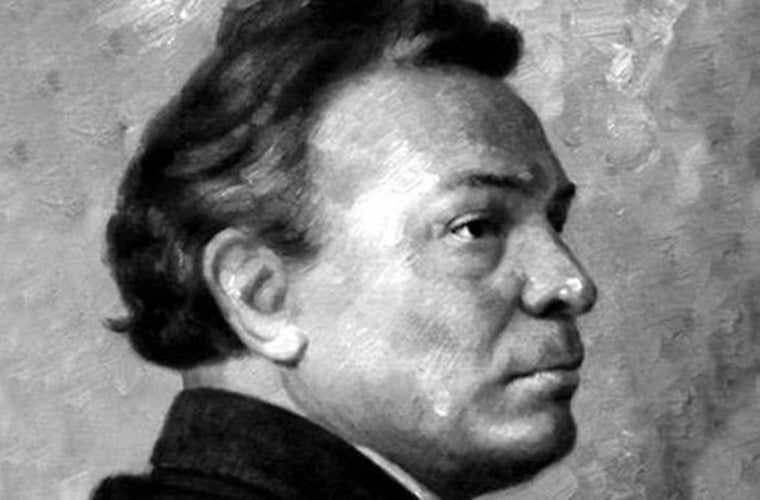
Ottorino Respighi
1879 - 1936
Biography
Ottorino Respighi was an Italian composer, musicologist and violinist. He is perhaps best known for his Roman trilogy and the three suites of Ancient Airs and Dances.
Ottorino Respighi was born in Bologna, where his father was a piano teacher, and taught his son violin and piano. He continued studying violin with Federico Sarti at the Liceo Musicale in Bologna, and composition with Giuseppe Martucci and the early music scholar Luigi Torchi. In 1900, Respighi studied composition for five months with Nikolai Rimsky-Korsakov in Russia, while he was employed as first violinist in the orchestra of the Russian Imperial Theatre in St Petersburg during its season of Italian opera. He also had composition lessons with Max Bruch in 1902 in Berlin. Until 1908 his principal activity was as first violin in the Mugellini Quintet, before turning his attention entirely to composition.
Ottorino Respighi lived in Rome from 1913 for the rest of his life, after being appointed a teacher of composition at the Conservatorio di Santa Cecilia there. From 1923 to 1926 he was director of the Conservatorio. In 1925 he collaborated with Luciani on an elementary textbook entitled Orpheus.
Ottorino Respighi maintained an uneasy relationship with Mussolini's Fascist Party during his later years, vouching for more outspoken critics such as Arturo Toscanini which allowed them to work on under the regime. Feste Romane, the third part of his Roman trilogy, has been seen by many as a response to the regime's demands to glorify Italy under the Fascists. However as with much of the work of Dmitry Shostakovich, the 'celebration' is ambiguous, if not satirical.
Ottorino Respighi was also a musicologist, a devoted scholar of Italian music of the 16th-18th centuries. He published editions of the music of Claudio Monteverdi and Antonio Vivaldi, and of Benedetto Marcello's Didone. Because of his devotion to these older sources (which worked its way to many of his compositions), many would start to consider him as a typical exponent of Neo-classicism (while Neo-Renaissance or Neo-Baroque would probably be more accurate to describe most of his compositions based on older work). In fact, different from the style of most neo-classicist compositions, Respighi kept more or less clear from the musical idiom of the classical period: he rather combined pre-classical musical forms (like dance suites) with a typical 19th century romantic idiom (e.g. the musical idiom associated with symphonic poems in the romantic period).
Ottorino Respighi died in his Roman villa named "I Pini". A year after his burial, his remains were moved to his birthplace Bologna and reinterred at the city's expense.
His wife, Elsa Respighi, (neé Olivieri-Sangiacomo) (1894-1996) was his former pupil. A singer (mezzo-soprano) and composer herself, Elsa Respighi created ballets of Respighi's Ancient Airs and Dances Suites and completed his final opera Lucrezia in 1937. Throughout her long life she championed her husband's work unfailingly. She published a biography of Respighi in 1962. In 1969 she established Fondo Respighi in Venice, to promote music education in Italy. She was also at the forefront of the 1979 Respighi Centenary celebrations, which saw a number of long-neglected works performed and recorded for the first time. Since then, several of her own works, chiefly for solo accompanied voice, have been given their premiere. In 1955 Elsa Respighi produced a memoir of her encounters with some of the most influential cultural figures of the early 20th century.